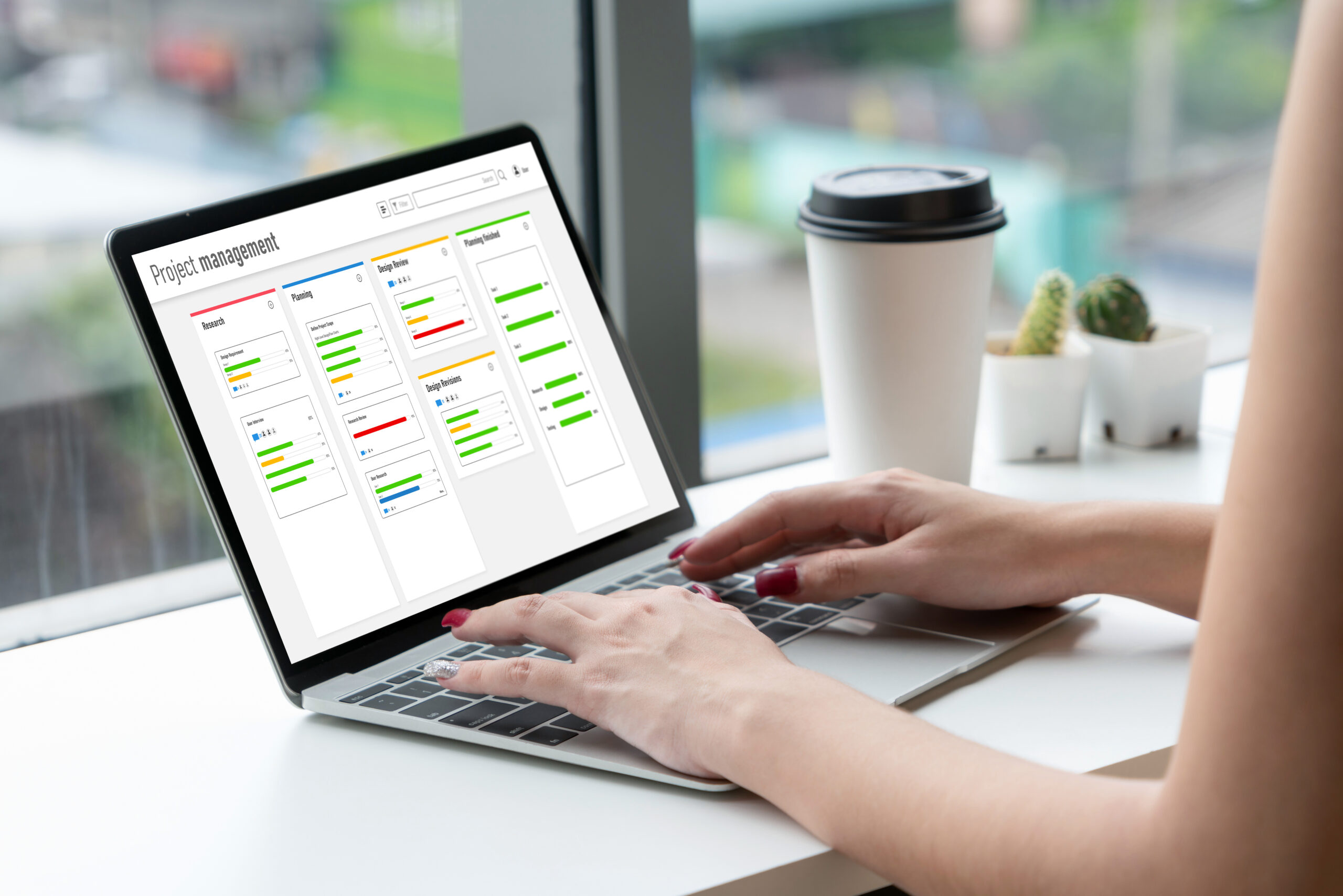Mastering the art of time management is crucial for students aiming to excel academically while maintaining a balanced personal life. Effective time management not only boosts productivity and academic performance but also reduces stress and allows for more leisure and self-care activities. Here are practical time management techniques tailored for students, ensuring a successful and well-rounded academic journey.
Set Clear Goals
Start with Specific Objectives: Define what you want to achieve academically and personally each semester. Setting clear, measurable goals helps prioritize activities and manage time effectively.
Break Goals into Manageable Tasks: Large goals can be overwhelming. Break them down into smaller, actionable tasks to make progress more manageable and less daunting.
Prioritize Your Tasks
Identify High-Priority Activities: Not all tasks are equally important. Determine which assignments, studies, and activities have the highest impact on your goals and prioritize them.
Use the Eisenhower Matrix: Categorize tasks based on urgency and importance. Focus on tasks that are both urgent and important, and plan ahead to minimize last-minute emergencies.
Create a Structured Schedule
Plan Your Week in Advance: Allocate specific times for classes, study sessions, work, and personal activities. A weekly planner or digital calendar can help visualize and adjust your schedule as needed.
Be Realistic: Allow for adequate time to complete tasks, considering your working pace. Overloading your schedule can lead to burnout and reduce productivity.
Utilize Time Management Tools
Leverage Digital Tools: Apps and tools like Todoist, Google Calendar, or Trello can help track assignments, deadlines, and daily tasks, keeping you organized and focused.
Set Reminders: Use reminders for important deadlines and tasks to ensure nothing slips through the cracks.
Avoid Procrastination
Break Work into Smaller Segments: The Pomodoro Technique—working for 25 minutes followed by a 5-minute break—can help maintain focus and prevent burnout.
Identify and Eliminate Distractions: Recognize what commonly distracts you (social media, unnecessary apps, etc.) and take steps to minimize these distractions during study times.
Practice Self-Care
Schedule Downtime: Ensure you allocate time for relaxation, hobbies, and social activities. A well-rounded life supports academic success and overall well-being.
Maintain a Healthy Lifestyle: Regular exercise, proper nutrition, and adequate sleep are essential for peak mental and physical performance.
Reflect and Adjust
Regularly Review Your Progress: At the end of each week, reflect on what was accomplished and what wasn’t. Understanding what works and what doesn’t allows you to adjust your strategies and improve.
Be Flexible: Adapt your time management strategies as your priorities and responsibilities evolve throughout your academic career.
How LBright Can Help
At LBright Educational Center, we understand the challenges students face in managing their time effectively. Our study skills workshops and personalized coaching sessions are designed to equip students with advanced time management strategies, helping them navigate their academic responsibilities while enjoying a fulfilling personal life. By fostering effective time management habits, LBright helps students unlock their full potential, paving the way for academic success and personal growth.
Mastering time management is a journey of continuous learning and adjustment. By implementing these strategies and leveraging resources like those offered by LBright Educational Center, students can achieve a balanced, successful academic career and a rewarding personal life.















